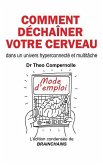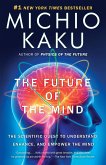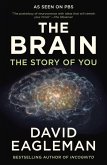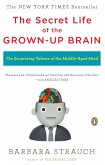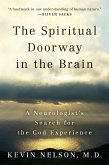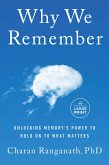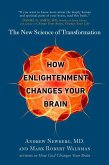This book accompanies an exhibition on the brain and its relation to the inner world of the self, which is scheduled to open in October 2002 at the Cité des Sciences de la Villette, in Paris. Today, the brain has ceased to be regarded as existing in isolation in the human body. It is now considered in relation to its sensory, emotional and cultural environment. Recent research has opened new avenues to help us understand the pathologies of the brain and its ability to adapt. It has also iedicated ways of elucidating the mysteries of thought, memory and desires.Ths book is built around five main themes: What acts in me: the functions that regulate the organisation of the body, the dialogue between brain and body.What I feel: What are the mechanI'ms and chemistry of the emotions? How do emotional states and the consciousness of those states permeate memory and thought? How can the quest for pleasure and rewards sometimes lead to drug abuse and addiction? How does depression affect the emotions, and how can it be treated?What I think: How does one learn? What purpose do dreams serve?What I am: How is the consciousness of self and of others constructed? By what means do we represent others, and how do we decipher the messages they send us? How do we predict the behaviour of others? What occurs in cases of autism?Marc Jeannerod teaches physiology at the University Claude-Bernard-Lyon-I, and is the director of the Institute of Cognitive Sciences. He is the author of La Nature de l?esprit.
Hinweis: Dieser Artikel kann nur an eine deutsche Lieferadresse ausgeliefert werden.
Hinweis: Dieser Artikel kann nur an eine deutsche Lieferadresse ausgeliefert werden.


